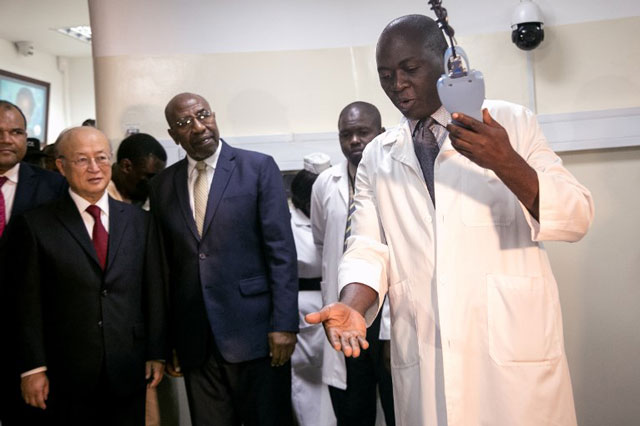
McKoewn overemphasised the role of nutrition and better living conditions to improved wellbeing. He ignored the importance of the control of disease through public health measures such as supply of clean water, improved sanitation and vector control to improved health. Indeed, the economist and historian, Richard Easterlin, has shown that there is divergence in the onset of economic growth and improvements in health. He demonstrates basing on studies of Northern Europe that the timing of both does not match.
Improved education (which brings awareness of the germ theory of disease leading to better personal and home hygiene) was critical to improved health. Also public health measures such as improved sanitation and water supplies are central to improved mortality. The other influences on mortality are vector control, immunisation and vaccination. These could never have come from the unaided role of economic growth. They came through political efforts by policy makers who may have felt political pressure to do so. But even then, the investments in these areas cannot be accomplished without increasing real incomes (economic growth), which makes it possible for government to fund them.
What is the takeaway from this story? It is that economic growth matters, but it does not automatically and wholly improve health and wellbeing. Political action is necessary; especially in such areas as sanitation, water supplies, sewerage treatment, vector control, immunisation and vaccination. Yet even here, states can only fund these programs (under political pressure) from public revenues whose increase is only possible through sustained economic growth.
For President Yoweri Museveni and his NRM government, the lesson is simple but fundamental. The ability of NWSC to take water across our towns (they were in 23 towns in 2013 and now they are in 256 towns) is a major success. The control of Malaria (its prevalence in Kampala is less than 1%, and across the country is under 15%) is great achievement. Contrary to the doomsday stories of many critics, the Ministry of Health of Uganda (it’s better to call it the “ministry of medical services”) has been very effective in containing outbreaks of epidemics such as cholera and dysentery in our congested city and Ebola in the rest of the country. However, more can be done; especially on sanitation.
Kampala and the surrounding Wakiso District are the most densely populated part of Uganda, making the transmission of water, air and food borne easy and rapid. Yet the city’s streets are filled with potholes holding muddy water and thus breeding grounds for mosquitoes and other bacteria-carrying diseases. City roads are congested with traffic, its sewers are open, its wetlands are encroached, its rivers are polluted, etc. This is a major failure; especially because Kampala and Wakiso are also the most productive part of our nation, contributing 75% of tax revenues.
The city’s economic opportunities are only rivaled by its health risks resulting from gross under investment in its infrastructure; especially its roads and green areas. Given our poverty (in spite of sustained growth), Uganda cannot afford many things our elites demand. However, it can afford a major investment in the city’s roads and green areas. In 2008, government made a bold decision to invest in national trunk roads and electricity generation. Twelve years later, the results are impressive. In 2020, government must make a similar bold decision to revamp Kampala. Is someone reading?
****
amwenda@independent.co.ug
 The Independent Uganda: You get the Truth we Pay the Price
The Independent Uganda: You get the Truth we Pay the Price




Some sense, only bad is that the article rumbles to some good extent.
The article is just okay.
The Health sector in Uganda takes one of the largest chunk of the budget;isn’t that enough love by government for her citizens?